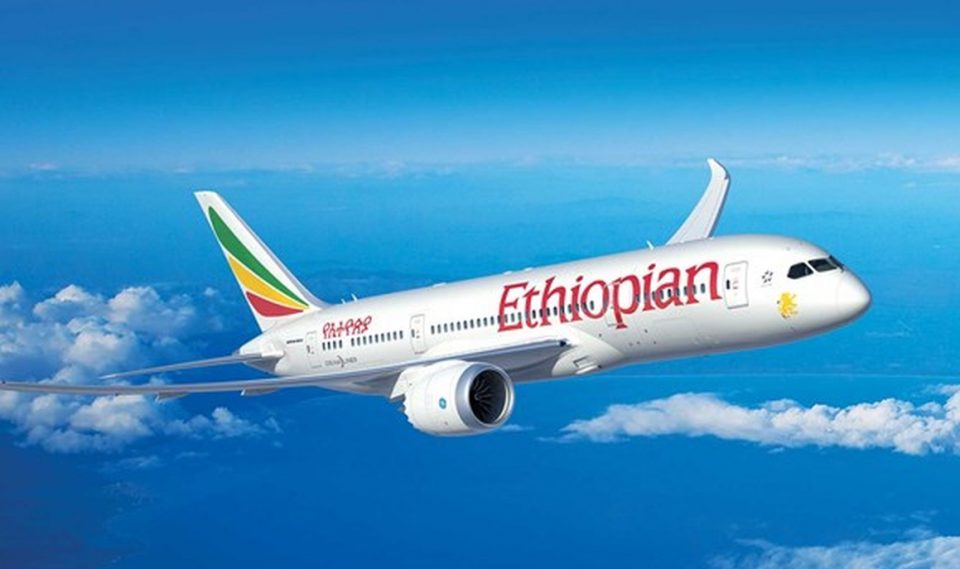
Post-Pandemic Homecoming Set to Boost African Airlines’ Recovery
Ethiopian Airlines Group sees African air traffic returning to pre-coronavirus crisis levels quicker than the rest of the world, boosted by a temporary spike in demand from stranded citizens returning home.
Governments of countries including Uganda, Kenya and Madagascar closed their borders before or almost immediately after confirming their first Covid-19 cases, leaving thousands of business, student and health travelers unable to move. People were also put off by prohibitive conditions such as a $1,400 bill to self-isolate in selected hotels.
The continent’s aviation industry could start to recover next year even after losing an estimated $6 billion in ticket sales in 2020, Chief Executive Officer Tewolde GebreMariam told Bloomberg TV on Friday. While global flights are forecast to take up to two years to return to 2019 levels, “here in Africa we expect to be slightly faster in recovery,” Tewolde said.
Demand for flights to Asian markets like China and India will particularly pick up faster than to Europe and North America, he said.
African carriers face an arduous journey to stay in operation until the crisis eases, the CEO said. Some of the continent’s biggest airlines, including South African Airways and Kenya Airways, were dependent on government funding even before measures to contain the coronavirus pandemic forced the grounding of almost all planes.
Bail Out
“African governments will not be in a position to bail out airlines as much as in Europe and America,” said Tewolde. “Airlines are not flying or generating revenue and governments do not have the resources to bail them out. It is going to be very, very tough for most African airlines.”
Ethiopian has established itself as the biggest and only consistently profitable carrier on the continent, building a hub in Addis Ababa as a connection point for African travelers to the Middle East, Asia, Europe and North America. Tewolde has said in previous interviews that the state-owned company hasn’t yet needed to call on the government for financial assistance, though it is receiving help negotiating debt repayments with lenders in China and elsewhere.

